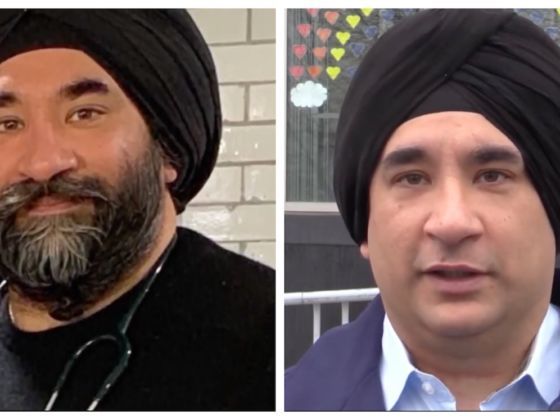Six months ago, few outside of the professionals required to wear them could probably tell an N95 respirator from a molded surgical mask. Now, with masks serving as the face of the coronavirus crisis, the majority of the public could probably pick an N95 out of a lineup. Or, as hospital shortages have suggested, an Amazon search results page.
To be effective, N95 masks must be secured tightly to the face. A metal strip bridging the nose creates an adjustable seal at the top. Elastic straps fasten masks to the face, sitting above and below the ears on the crown of the head and back of the neck. The bottom edge is fitted snugly against the jaw, covering the mouth completely.
